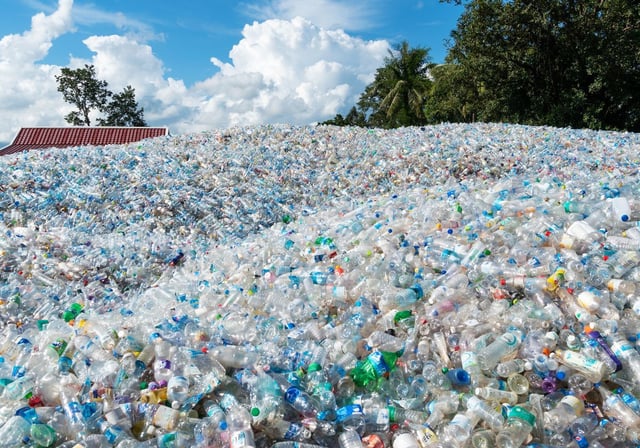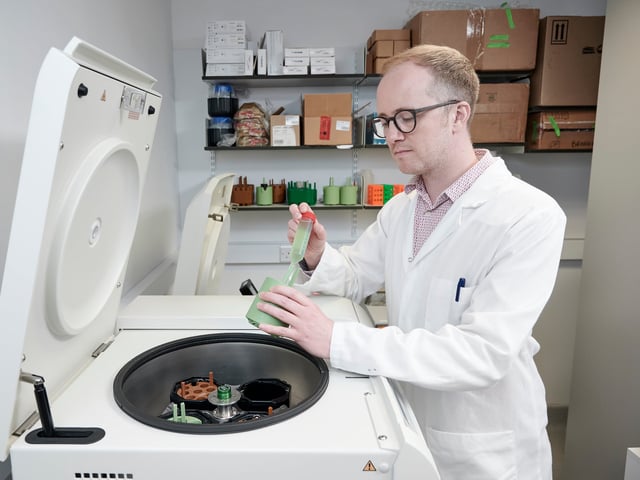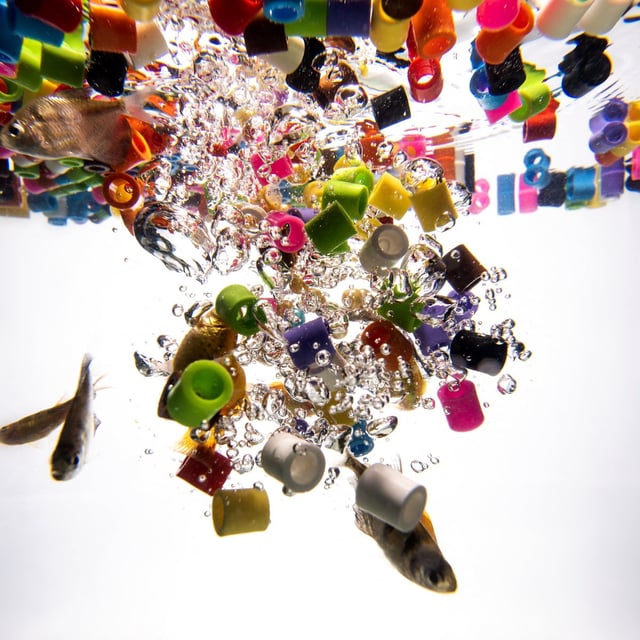Overview
- Modified E. coli process PET-derived terephthalic acid to para-aminobenzoic acid via an enzymatic Lossen rearrangement inside living cells.
- Two added microbial enzymes then convert PABA into paracetamol in under 48 hours of fermentation.
- The room-temperature technique delivers up to 92% yield and emits virtually no carbon emissions, contrasting with fossil-fuel-dependent manufacturing.
- The findings, published June 23 in Nature Chemistry, illustrate a new circular approach to plastic recycling and drug production.
- The team plans to optimize scale-up and integrate large-scale PET depolymerization before commercial deployment.


